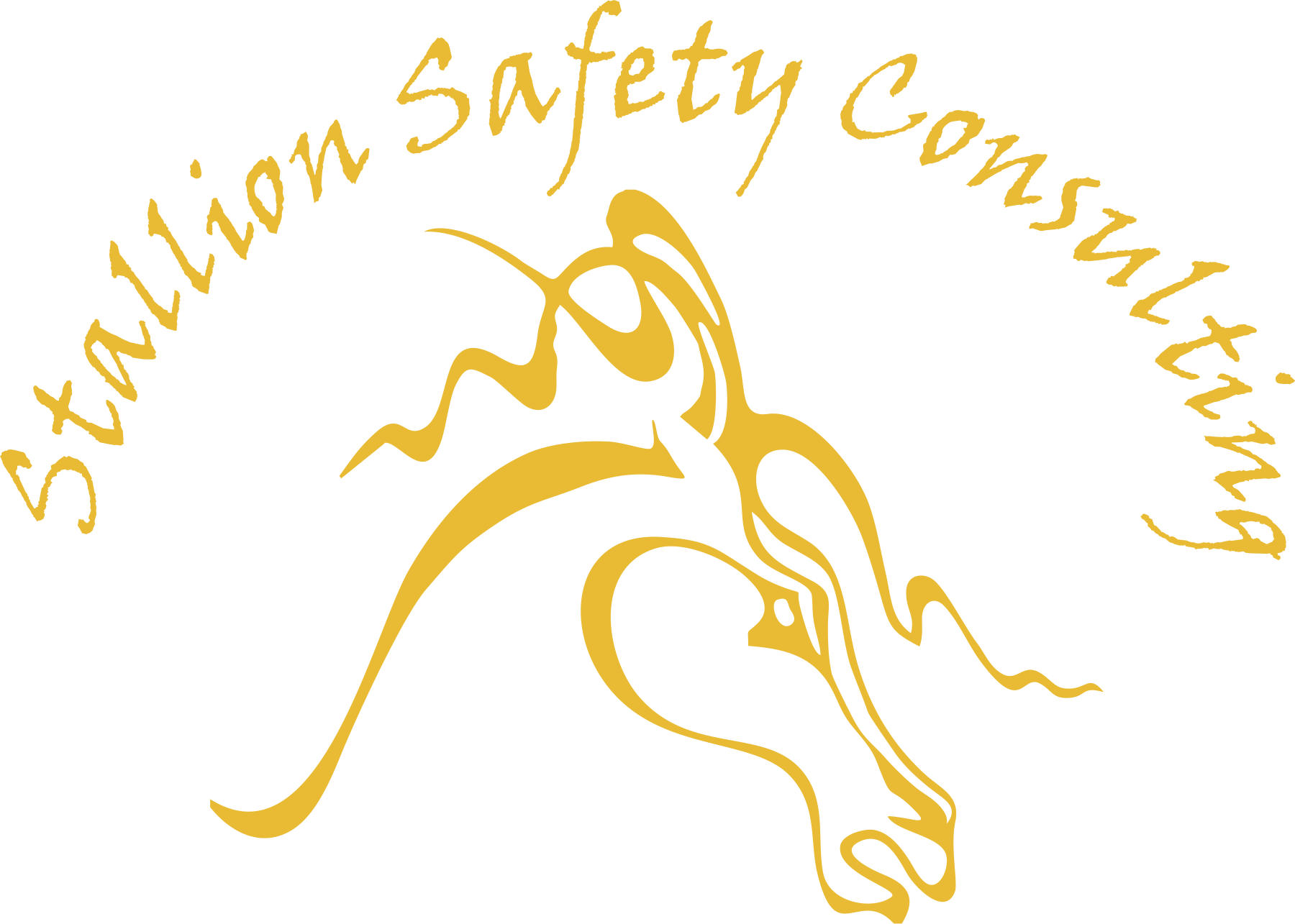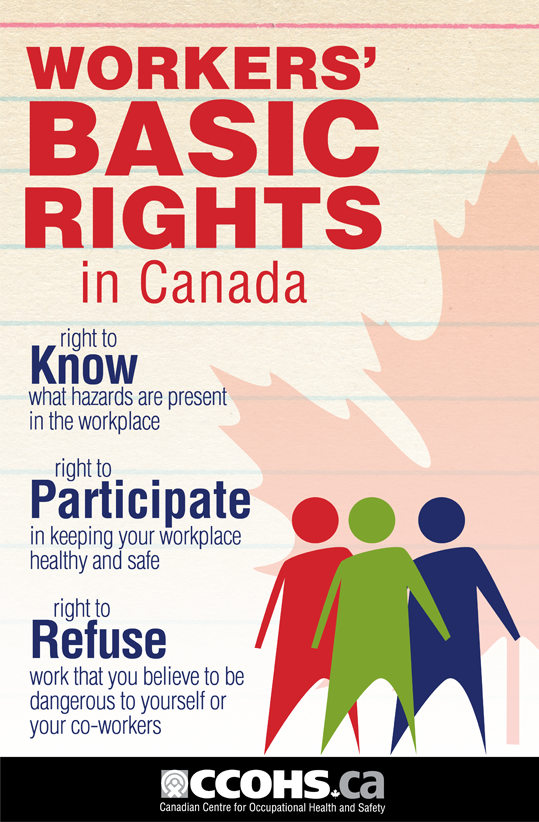The wording has been changed. It is no longer Right to refuse unsafe work. It is now Right to refuse DANGEROUS Work.
In accordance with the Alberta Occupational Health and Safety Act, if an employee of believes on reasonable grounds that there is a dangerous condition at the work site or that the work constitutes a danger to the worker’s health and safety or to the health and safety of another worker or another person, the employee shall have the right to refuse any work that they believe to be dangerous.
Any employee can refuse to work if they have a reasonable belief that there is:
- A dangerous condition at the work site; or
- That the work constitutes a danger to the worker’s health and safety or to the health and safety of another worker or another person.
GUIDELINES FOR REFUSALS
Continuing Work That Has Been Refused
- If work has been refused and the manager or supervisor has investigated the situation and determined that the work does not constitute a danger to the health and safety of any person or that a dangerous condition does not exist, and the worker continues to refuse the work, then the manager or supervisor may ask another worker to perform the refused work while waiting for the inspector to investigate and give a decision on the continued refusal.
- Where a second worker is asked to perform work that has been refused, the second worker must be informed in writing of the following information:
- The first worker’s refusal.
- The reasons for the refusal.
- The reason why, in the opinion of the employer, the work does not constitute a danger to the health and safety of any person or that a dangerous condition is not present;
- The worker’s right to refuse to do dangerous work under the Occupational Health and Safety Act.
- The second worker also has the right to refuse the work if they have reasonable grounds to believe that the work is unsafe.
Payment for Refused Work
- Under the Occupational Health and Safety Act, any worker who initiates a work refusal is entitled to payment at their appropriate rate despite the work refusal.
- A person acting as a worker representative during a work refusal is paid at either the regular or the premium rate, whichever is applicable.
- A company is not required to continue payment to a worker who continues to refuse to perform work after the refused work has been inspected and ruled safe by an officer.
Discipline for Refusal to Work
- Employees will not be disciplined for refusing to work if they have a reasonable belief that the work is unsafe or could endanger themselves or others.
- Employees are required to work in accordance with the regulations set forth by the Occupational Health and Safety Act and have the rights to seek their enforcement.
- The organization shall not penalize, dismiss, discipline, suspend, or threaten to do any of these things to a worker who has obeyed the act and its regulations.
- If a work refusal was made in bad faith, or if the worker continues to refuse the work after an officer finds that the work is unlikely to endanger the worker, a company may elect to apply disciplinary action up to and including termination of employment.
No person shall be disciplined for any of the following actions:
- Acting in compliance with the OHS Act, the regulations, the OHS Code or an order given under the act, the regulations, or the code or the terms, conditions, or requirements on an acceptance under section 55 of the act or on an approval under section 56 of the act.
- Being called to testify, intending to testify, or testifying in a proceeding under the act.
- Giving relevant information about work site conditions affecting the health and safety of any worker engaged in work or any other person present at the work site to an employer or a person acting on behalf of an employer; an officer or another person concerned with the administration of the OHS Act, the code, or the regulations; or a member of the joint work site health and safety committee or the health and safety representative.
- Performing duties or exercising rights as a member of a joint work site health and safety committee or as a health and safety representative.
- Assisting or having assisted with the activities of a joint work site health and safety committee or health and safety representative.
- Refusing to do work under section 31 (1) of the act.
- Seeking to establish a joint work site health and safety committee or have a health and safety representative designated.
- Being prevented from working because of an order under the act, the regulations, or the OHS Code; or
- Taking reasonable action to protect the health and safety of that worker or any other person.
A Company should have Work Refusal Procedure in place for their company.
This procedure will detail the steps required for employees, managment and member of the joint work site health and safety committee or health and safety representative on the way the company will handle Work Refusals.
If you need help developing your Right to Refuse Dangerous Work check out or information on this subject here.


 CAD
CAD USD
USD